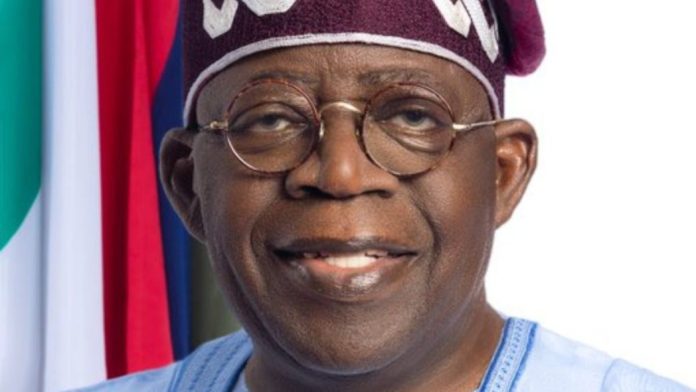By Tony Onyima, Ph.D.
The recent restructuring of President Ahmed Tinubu’s media and communications team introduces an unconventional approach. It dispenses with the traditional singular spokesperson for the Presidency and instead delegates this role to a team of three special advisers. While the stated objective is to enhance efficiency and ensure consistent messaging, this strategy raises critical questions about its practicality and potential pitfalls.
The primary risk of a decentralised communication model is the lack of a unified voice. Effective public communication requires coherence and clarity, especially at the presidential level. Multiple spokespersons increase the likelihood of conflicting narratives, especially on sensitive national issues. Such discrepancies could undermine public trust and create confusion about the administration’s position on critical matters.
The re-designated roles— public communications, policy communication, and information and strategy—appear to overlap, with no clear distinction of responsibilities. Without well-defined boundaries, turf wars or duplication of efforts could emerge, hampering the efficiency this restructuring seeks to achieve. These are in addition to the five Senior Special Assistants (SSAs) whose job specifications overlap.
A singular spokesperson serves as a recognisable point of contact for the media, fostering relationships built on trust and familiarity. The Presidency risks diluting this dynamic by distributing this responsibility among three officials. Journalists and media houses may struggle with whom to approach for clarity or official statements, potentially slowing the news cycle and reducing responsiveness.
Effective governance requires a delicate balance between communicating policies and managing public perception. While this model may excel in conveying technical aspects of policies through different channels, it could falter in responding swiftly to public backlash or misinformation. The absence of a singular, authoritative voice in moments of crisis could exacerbate negative sentiments.
In modern governance, the role of a singular presidential spokesperson extends beyond information dissemination. It involves crafting a consistent narrative, shaping public discourse, and serving as a symbolic extension of the President. The absence of such a figure might hinder efforts to build a relatable and personable government image.
To mitigate these challenges, the Presidency could delineate the roles and responsibilities of each special adviser to prevent overlap and establish a formal coordination mechanism among the advisers to ensure consistency. One of the three advisers should be designated as the “lead spokesperson” for specific high-stakes or crises. Mr. Bayo Onanuga seems to be playing this role.
While the “no single individual spokesperson” model is innovative, its effectiveness will depend on the advisers’ character, disciplined execution, and strategic coordination. Without these, the broth risks being spoilt by too many cooks.
- Onyima, a former Commissioner for Information in Anambra State, teaches at Paul University, Awka










